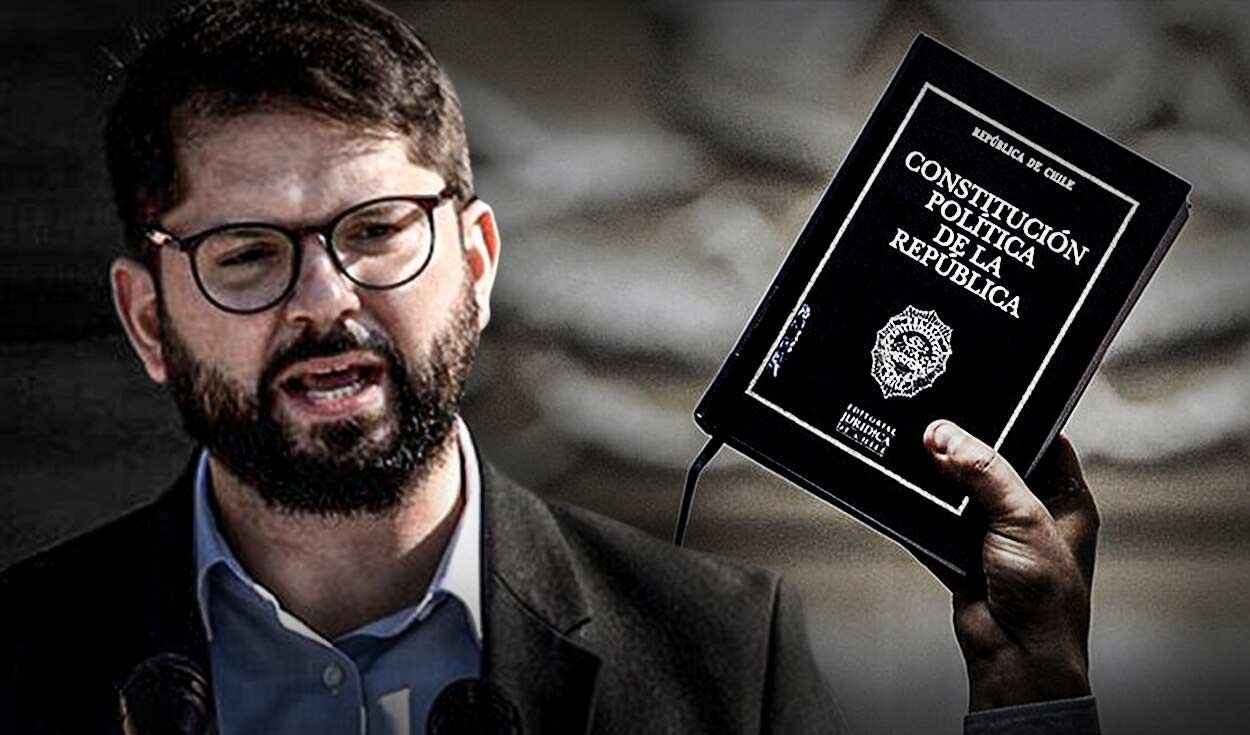The broad rejection of the text of the new Magna Carta, by 61.9% of the votes this Sunday, September 4, put Chile on the path of a new constitutional process that President Gabriel Boric must agree with Congress, the political forces and civil society.
Read also: Check out our coverage on Chile
Although the drafting of the document took more than a year of work and most of the articles are linked to the demands that emerged from the streets during the social outbreak of 2019, the proposal did not convince Chileans.

Two years ago, in October 2020, almost 80% of voters voted to change the Constitution through a Convention.
“Thinking that Chile does not want to change its Constitution is a mistake,” Chilean analyst Daniel Grimaldi, Ph.D. in Political Studies, Conflict and Social Change from Fundación Chile 21, told Telescope.
“The left wants a change, the citizens too, and the right to a certain extent is aware that we cannot move forward with our constitutional regime. Chile wants a change, and the point is in what way,” added Grimaldi.
Factors such as misinformation and the dissemination of false news by opponents of the text, related to the privileges of indigenous peoples, private property, and abortion, among other issues, influenced, according to several constituents, the result of the consultation popular.
But that seems to be a typical excuse of the left. Whenever the population does not do what the left wants, then misinformation is involved, which of course already shows a mindset that can rightly be called questionable.
Socialists can’t even imagine that their proposal was simply bad and discarded.
Some highlight communication difficulties on the part of the promoters of change when explaining to the public what was proposed.
“There was a thread of unfortunate events that ended in disapproval, and also an excess of confidence in some constituents that the text would be approved, and in overinterpreting what the people wanted,” said the Chilean.
In Grimaldi’s opinion, “instead of talking about the benefits of the text, a draft document was launched, something unprecedented and susceptible to criticism. That heated up the political climate and when that happens, the worst of human beings comes out.”
Asked about the impact of the result of the plebiscite on Boric’s government, the analyst maintained that “it was a mistake to link his function so closely to the development of the Convention.”
“Because the government is so close to the I approve option, it also ends up having an effect on the people,” said the interviewee.

